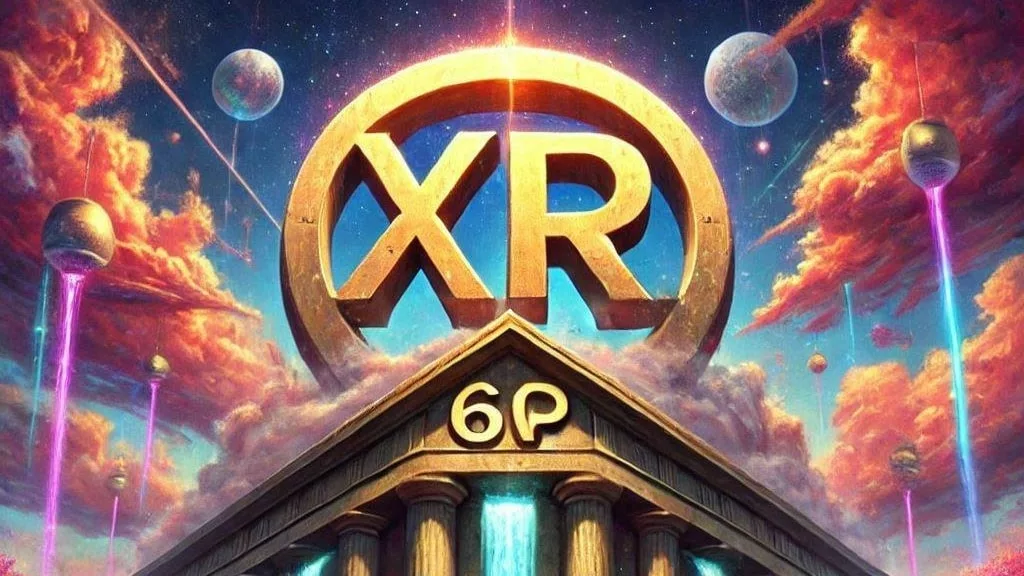
Ripple CEO Brad Garlinghouse has voiced his concerns over a recent 60 Minutes segment that aired on December 8, 2024. In the highly anticipated interview, Garlinghouse was joined by former U.S. Securities and Exchange Commission (SEC) official, John Reed Stark. The segment delved into various cryptocurrency-related topics, including Ripple’s involvement in supporting pro-crypto political candidates. However, Garlinghouse highlighted that the program failed to address a crucial aspect of the ongoing legal battle between Ripple and the SEC, specifically a significant ruling regarding the classification of XRP.
Garlinghouse’s main criticism was the omission of an important legal ruling from the broadcast. Earlier this year, a U.S. federal court ruled that XRP itself is not a security. This ruling has been central to Ripple’s defense against the SEC’s lawsuit, which accuses Ripple of conducting an unregistered securities offering through the sale of XRP. Garlinghouse pointed out that, although he had discussed this ruling during the 60 Minutes interview, the final broadcast chose not to include this key piece of information. The omission, according to Garlinghouse, misrepresents the true nature of the case and disregards a ruling that could potentially favor Ripple in the ongoing litigation.
In the 60 Minutes interview, Garlinghouse expressed his firm belief that XRP should not be classified as a security. This was briefly mentioned in the segment, but the show also included comments from John Reed Stark, who argued that U.S. courts have consistently ruled that cryptocurrencies fall under the category of securities. Stark’s remarks suggested that XRP should be subject to the same classification.
Garlinghouse quickly took to social media to refute Stark’s statements, calling them inaccurate and misleading. He emphasized that the legal decision explicitly stated that XRP is not a security. According to Garlinghouse, Stark’s stance aligns with the anti-crypto rhetoric often associated with former SEC Chair Gary Gensler. He criticized 60 Minutes for failing to challenge Stark’s assertions, which he believes were factually incorrect.
Garlinghouse also took issue with Stark’s broader comments about the cryptocurrency industry. During the segment, Stark claimed that many cryptocurrencies are primarily used for illegal activities. Garlinghouse strongly disagreed with this claim, calling it false and damaging to the public’s understanding of the crypto space. He accused 60 Minutes of not thoroughly fact-checking Stark’s statements, which he viewed as a misrepresentation of the industry.
While Garlinghouse criticized Stark’s views, he also acknowledged Stark’s call for the SEC to reconsider its appeal against Ripple. The SEC’s appeal, currently before the U.S. Court of Appeals for the Second Circuit, could have significant implications for the future of Ripple and the regulatory landscape for cryptocurrencies.
Despite the recent criticisms, there is growing optimism in the Ripple community. Speculation surrounding the SEC’s potential withdrawal of its appeal has driven a surge in XRP’s price, which recently reclaimed its position as the third-largest cryptocurrency by market cap. The possibility of a more crypto-friendly SEC leadership under a new administration has fueled these positive market reactions. However, XRP’s price recently fell back into fourth place due to broader market downturns, though it remains above $2 per token, with a market cap of around $124 billion.
As Ripple’s legal battle with the SEC continues, Garlinghouse’s criticism of 60 Minutes highlights the ongoing tension between the company and regulatory authorities. The outcome of the case could significantly impact XRP’s future and the broader cryptocurrency market in the U.S. With changing political and regulatory landscapes, Ripple supporters remain hopeful for a favorable resolution, which could lead to greater clarity in crypto regulations and further adoption of blockchain technologies.
Get the latest Crypto & Blockchain News in your inbox.